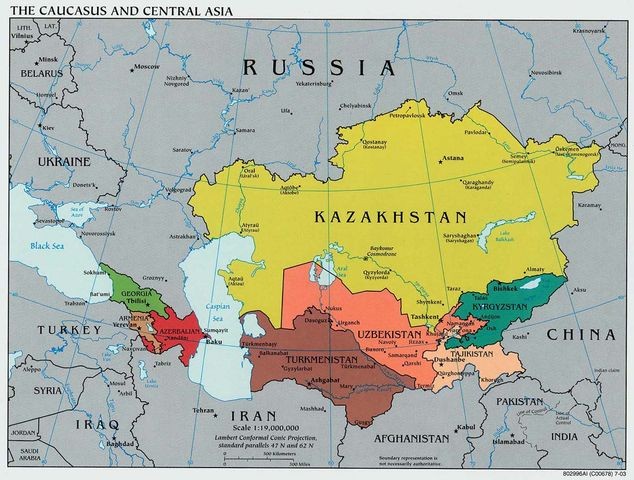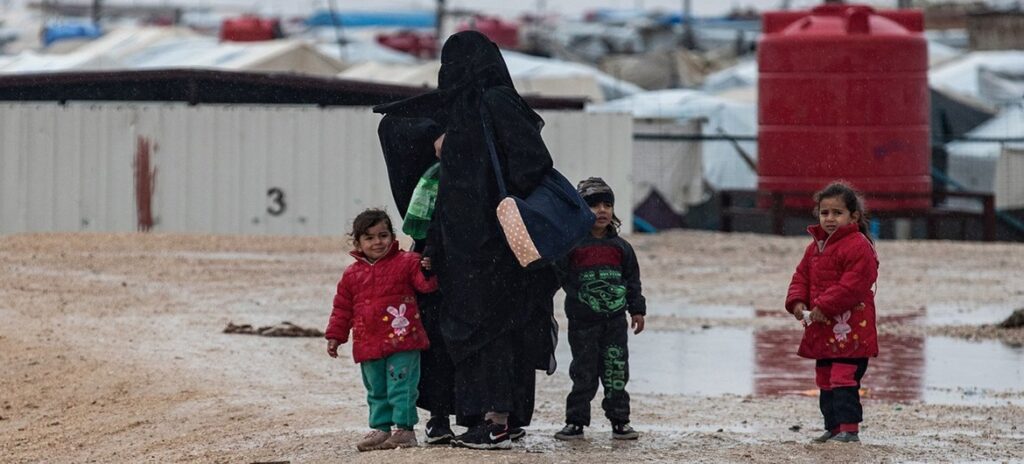BISHKEK (TCA) — Dr. Mohammad Marandi, an Iranian academic and political analyst, told Russia’s Radio Sputnik that the United States and some of its allies, including Saudi Arabia, have provided assistance to radical groups in the Middle East and Syria, adding that Washington could employ a similar approach to Central Asia.
“It’s important for Iran, Russia, China and other major Asian powers to work more closely together in order to bring security to Asia,” he said. “What we have seen happen in Syria can easily happen in Central Asia if we are not careful. … There must be a stronger collective security mechanism in order to prevent external powers, for example the United States, from trying to create extremist groups or help develop extremist groups alongside with countries such as Saudi Arabia in parts of Central Asia.”
In this context, joining the Shanghai Cooperation Organization (SCO), composed of Russia and China among other nations, would be good for Iran as well as other members since this would help “to prevent the spread of extremism,” the analyst said.
In Dr. Marandi’s view, the Syrian crisis was sparked by Saudi Arabia’s policy of exporting extremism by providing support to radical groups active across the region. The analyst added that the United States, Turkey and Israel have also taken part in this process, citing documents released by WikiLeaks as evidence.
“Both Iran and Russia have seen how this coalition of countries has been supporting extremism. [They] know that the rise of extremism in this region is not only a national security threat to both countries, but a threat to the international community. So both countries have begun working closer after the crisis in Syria broke out to prevent Libya from being repeated, but also in order to prevent the rise of extremism,” he said.







